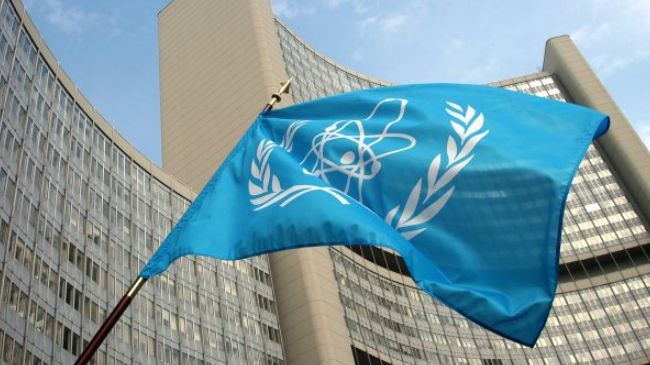 (Reuters) - Iran said it has provided evidence to the United Nations atomic agency showing that documents on suspected nuclear bomb research by the country were forged and riddled with errors.
(Reuters) - Iran said it has provided evidence to the United Nations atomic agency showing that documents on suspected nuclear bomb research by the country were forged and riddled with errors.
In a statement to the International Atomic Energy Agency, it dismissed accusations that it is stonewalling an IAEA investigation into what the U.N. watchdog calls the possible military dimensions (PMD) of Iran's nuclear program.
Iran has offered detailed explanations to the IAEA and there has never been "any authenticated documents for PMD claims", said the Iranian note posted on the agency's website.
It said Iranian officials had also given "pieces of evidence" during meetings in October and November indicating that documents shown by the IAEA were fabricated.
They "are full of mistakes and contain fake names with specific pronunciations, which only point toward a certain member of the IAEA as their forger", it said.
It may have been referring to Israel or the United States, which have accused Iran of seeking to develop an atomic bomb capability. Iran says its nuclear program is aimed at generating electricity and that it is Israel's assumed atomic arsenal that threatens peace.
The Iranian statement was in contrast to the IAEA's assessment in a report last month which said Iran had so far failed to address suspicions it may have worked on designing an atomic bomb.
Western officials say Iran must step up cooperation with the IAEA as part of a broader diplomatic deal with six world powers that would end sanctions on the country if it agrees to curb its nuclear program.
Talks on a final settlement of the 12-year dispute over Tehran's atomic ambitions have been extended until mid-2015 after Iran and the United States, France, Germany, Britain, China and Russia failed to meet a Nov. 24 deadline for a deal.
While the powers want Iran to scale back its uranium enrichment program to lengthen the timeline for any covert bid to assemble nuclear arms, the IAEA is investigating allegations of past Iranian research on how to build an actual bomb.
Under a cooperation pact reached in 2013, Iran was supposed to give information to the IAEA by late August regarding two areas of its inquiry, related to explosives tests and other activity that could be used to develop nuclear weapons.
The IAEA said in its Nov. 7 report that Iran "has not provided any explanations" to help clarify the two issues.
By Reuters
The Iran Project is not responsible for the content of quoted articles.

 QR code
QR code